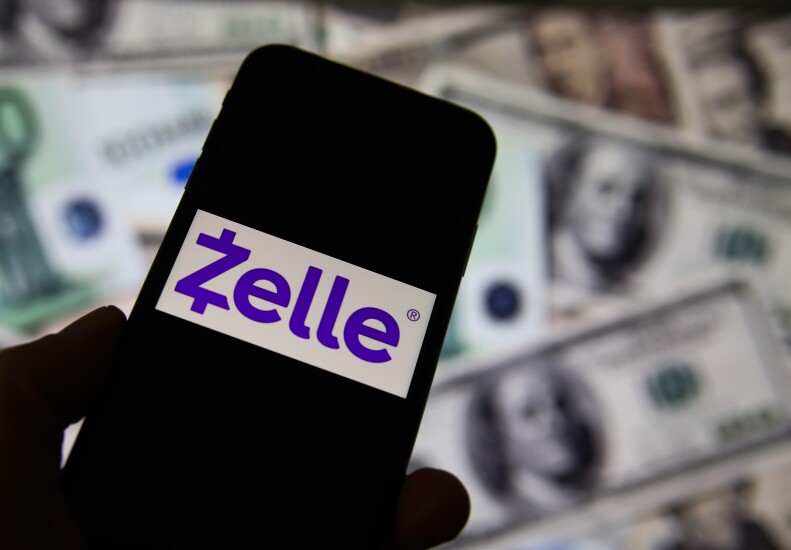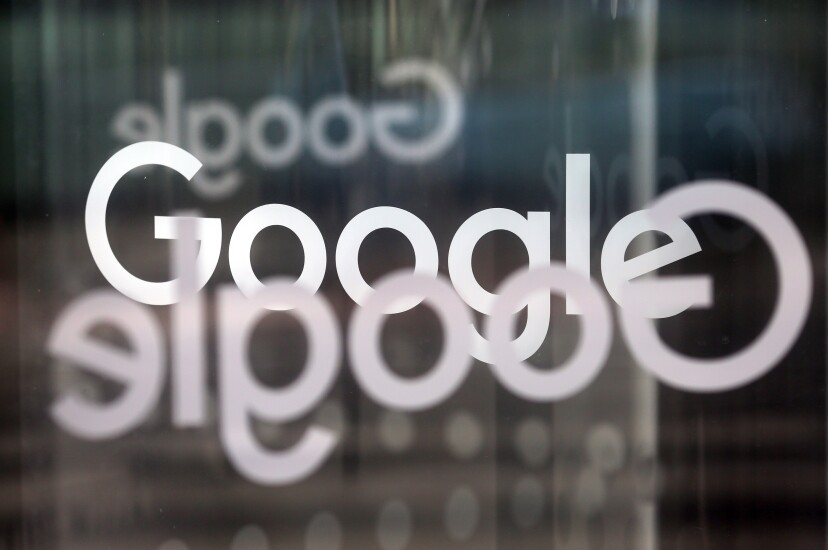
The Consumer Financial Protection Bureau has been on an enforcement spree in recent weeks, filing lawsuits against some of the largest banks and corporations ahead of the changeover to the Trump administration later this month.
In December alone, the agency filed lawsuits against the largest U.S. retailer, Walmart, one of the largest mortgage lenders, Rocket Mortgage, and three of the largest banks — Bank of America, JPMorgan Chase and Wells Fargo.
The timing of the lawsuit against Zelle, filed just before Christmas, sparked a backlash by banks against CFPB Director Rohit Chopra. The largest bank owners of the peer-to-peer payment network claim Chopra is engaging in politics — and purposely gumming up the works for the Trump administration — by filing the lawsuit at the 11th hour of the Biden administration.
Targeting large companies has been one of Chopra's signature strategies, and in December the CFPB issued a consent order establishing supervisory authority over Google's payment arm, Google Pay — a now-moribund service not to be confused with Google Wallet.
The CFPB also
The next acting CFPB director appointed by President Donald Trump could choose to withdraw a lawsuit or not defend lawsuits in court, experts say.
Here is a summary of allegations in each case and current status.










